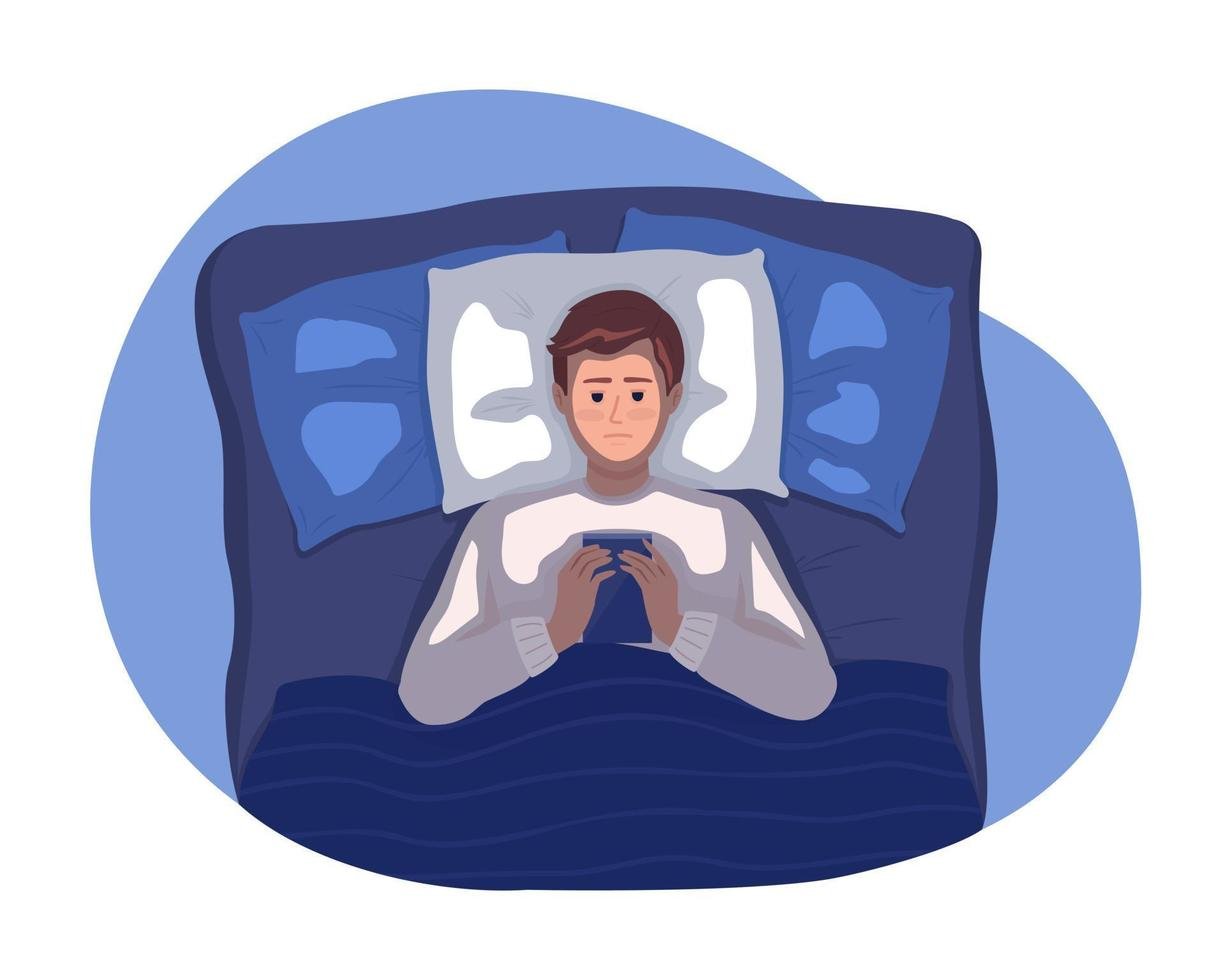The Benefits of a Sleep Diary
Do you remember how you slept last night or the night before that? Sleeping seems to be such an uneventful activity that most people will forget about it the moment they get up. They don’t take pictures and look back on their sleep as one of their favorite memories. But sleep deserves much more of our attention! Almost one-third of our life is spent asleep. That’s many hundreds of thousands of hours. One way to keep track of our sleep is by keeping a sleep diary. In this post, we will tell you what it is and how it helps us improve our sleep as well as life quality.
A sleep diary is a simple way to track your sleep-related activities. It involves recording information such as bedtime, wake-up time, and the amount of caffeine or sugar intake. You can even write about the dream you had last night! It’s fun to look back at our silly dreams. A sleep diary template can be found online. You can also jot down a few important notes on your phone. Questions that you can ask yourself are:
When did I get in and out of bed?
How much time did I spend on my phone before bed? What did I do specifically on my phone?
Did I struggle to fall asleep?
What did I eat and drink before going to bed?
How was my sleep on a scale of 1-5?
Did I wake up during the night?
Was the room temperature comfortable?
Why a sleep diary?
Helps us identify bad habits and patterns
One of the most common factors that lead to poor sleep quality is using electronic devices before bed. The light from electronic devices will make your body think it’s daytime and suppress melatonin production, making it harder to fall asleep. It’s recommended for students to use electronic devices for less than 30 minutes at least 2 hours before bedtime (Pham et al., 2021).
However, the habit of using smartphones before bed is almost unconscious for many people, an autopilot we slip into every night. A sleep diary will help us become more aware of this bad habit. We can see, in black and white, how many hours were spent on social media in total when we’re supposed to be winding down. It’s like our crime was brought into light and we’re more motivated to fix it.
This also applies to other sleep-related patterns like consuming caffeine/sugar before bed and not having a sufficient amount of sleep or too much sleep.
Helps the doctor understand your sleep pattern
Hopefully, you won’t have to see a doctor for insomnia. But in case you do, your sleep diary will help the doctor understand your sleep patterns. They can diagnose sleeping disorders and give a treatment plan based on what you recorded.
Maintaining a sleep diary is one of the low-effort activities you can do to improve your life. Instead of grabbing your phone and opening TikTok in the morning, try reflecting on what just happened in the last few hours of your life and what you can do to improve it. Now, sweet dreams and have fun tracking your sleep!
Works cited:
Pham, H. T., Chuang, H. L., Kuo, C. P., Yeh, T. P., & Liao, W. C. (2021, August 24). Electronic Device Use before Bedtime and Sleep Quality among University Students. Healthcare, 9(9), 1091. https://doi.org/10.3390/healthcare9091091



